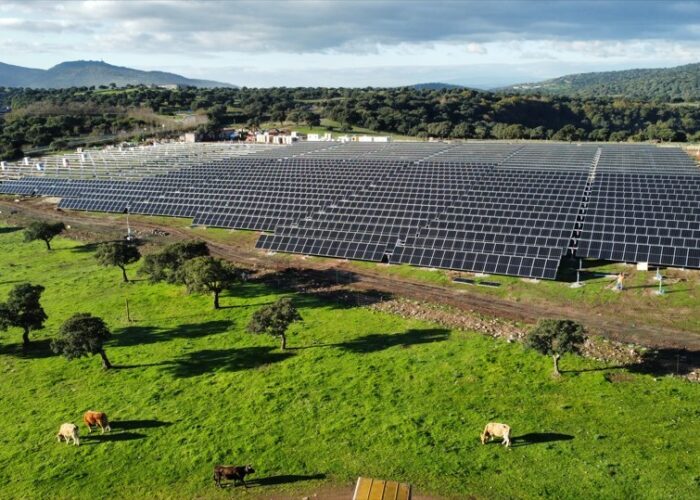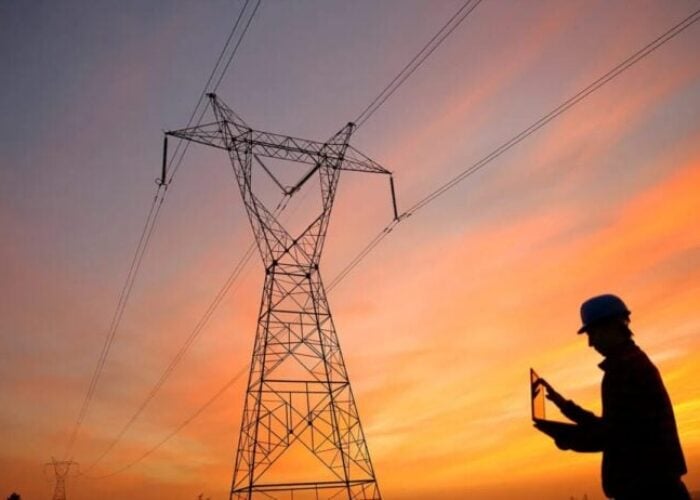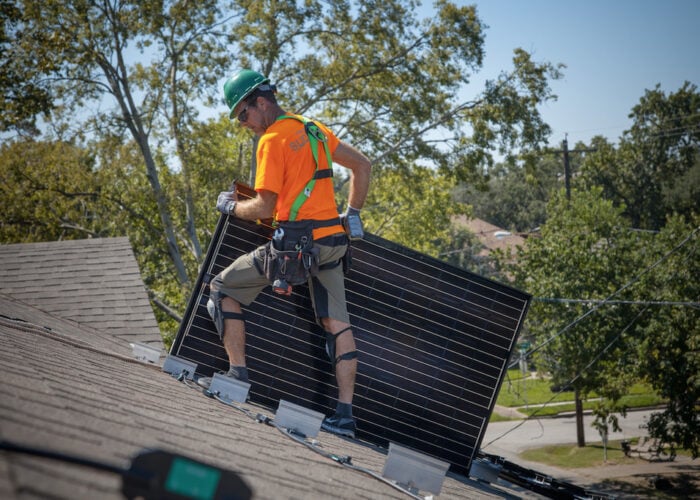Pakistan’s Prime Minister, Nawaz Sharif, has announced the lifting of a controversial import tax on solar equipment.
Sharif said yesterday that the private sector would be allowed to “import duty free solar panels to promote alternate energy resources”.
Unlock unlimited access for 12 whole months of distinctive global analysis
Photovoltaics International is now included.
- Regular insight and analysis of the industry’s biggest developments
- In-depth interviews with the industry’s leading figures
- Unlimited digital access to the PV Tech Power journal catalogue
- Unlimited digital access to the Photovoltaics International journal catalogue
- Access to more than 1,000 technical papers
- Discounts on Solar Media’s portfolio of events, in-person and virtual
Solar panels used to be tax exempt from import taxes, but since the introduction of Pakistan's new Financial Act 2014 in July 2014, a 30% tax for solar panel imports was enforced.
The sudden 30% tax left containers full of imported solar equipment stranded at ports across the country. According to local reports at tht time the tax for imported containers of solar euipment went from zero, to as much as PKR5.5 million (US$55,000) in owed tax, per container.
Between the tax being implemented in July and 1 November, some “temporary relief” was given, Usman Ahmad, director at Karachi-based solar system wholesaler, Nizam Energy told PV Tech. Ahmad said most domestic solar companies were “playing a wait and see approach” until the formal clarification yesterday.
Back in July, Ahmad said the tax was “a very shocking and unexpected decision from the government” that was “bringing the entire local industry to a standstill” and threatened “total collapse” of the solar industry in Pakistan.
“Solar power plants would help reduce the extraordinary load on the existing supply of power and a reduction in loadshedding,” a statement on Sharif’s official Facebook page says. Solar panels were previously exempt from duties because of their importance in combating Pakistan’s energy crisis.
Previously, the government has pushed solar projects to meet the urgent energy demands of the country, with an estimated shortage of 6GW, daily blackouts and loadshedding.
“The Federal Board of Revenue has issued the necessary instructions relevant to the Customs Departments in this regard,” Sharif added.
The statement was published after Sharif chaired the fourth meeting of Pakistan’s Cabinet Committee on Energy, held at the Prime Minister’s house, in Islamabad yesterday.
Atta-ur-Rahman, Pakistan’s former technology minister and a leading scientist, also told PV Tech in July the 30% tax was a “wrong policy decision by the government”, instead stating the tax should be free with a 30% subsidy on imported solar panels.
Pakistan’s is currently pressing ahead with its first large-scale PV power plant, the Quaid-e-Azam solar park near the city of Bahawalpur, which could reach 1GW over a number of phases.







